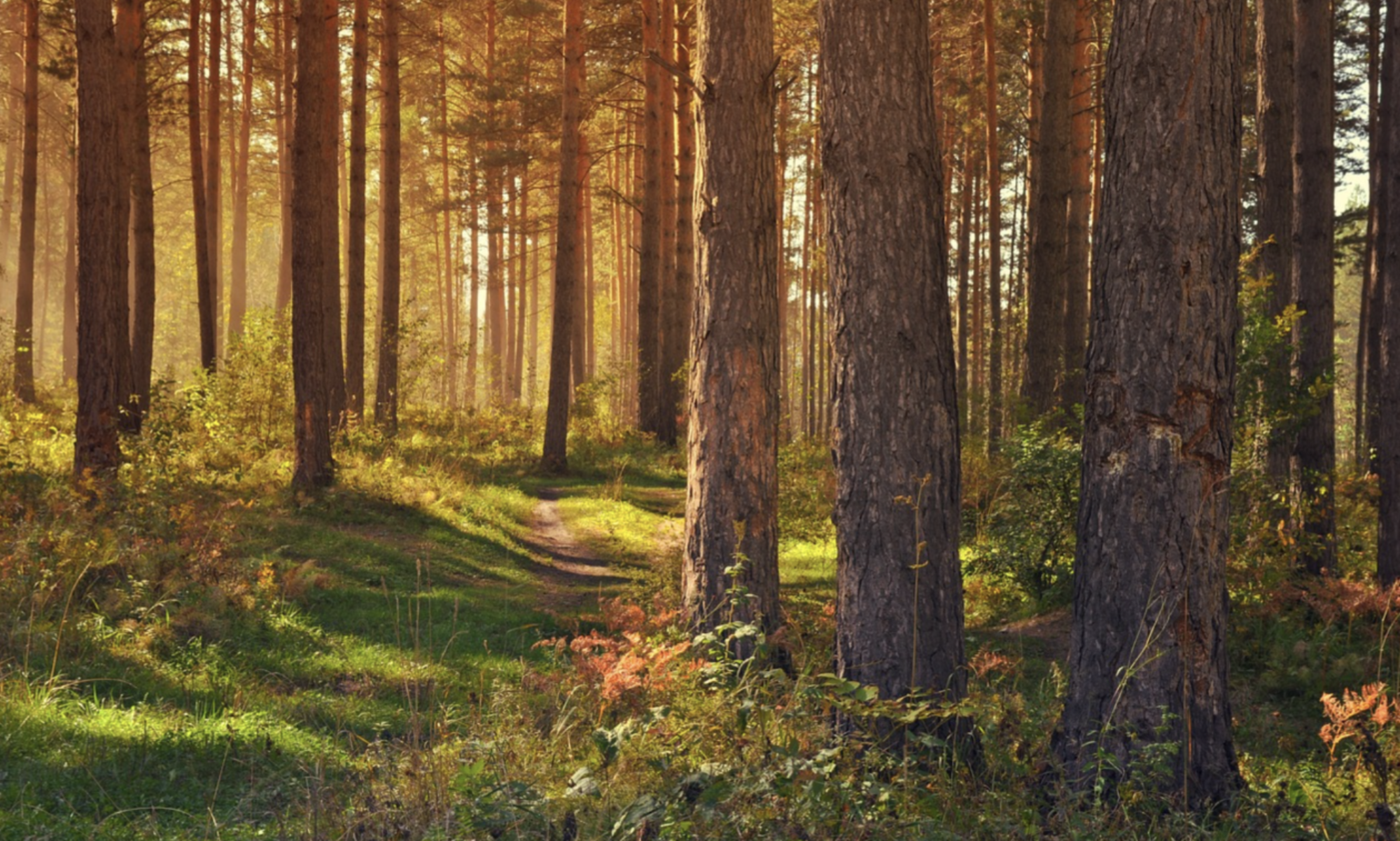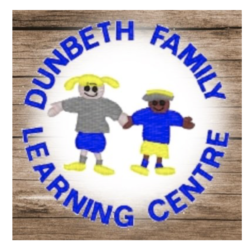Curriculum for Excellence
What is Curriculum for Excellence?
Curriculum for Excellence aims to achieve a transformation in education in Scotland by providing an improved, more flexible and enriched curriculum for all children and young people from 3 – 18. The curriculum includes all of the experiences which are planned for children and young people through their education, wherever they are being educated. All schools and nurseries in North Lanarkshire are working hard to raise standards so that children and young people will develop all of the skills necessary to continue to be successful when leaving school and entering the world of higher education, training or work.
Curriculum for Excellence is underpinned by the values inscribed on the mace of the Scottish Parliament – wisdom, justice, compassion and integrity. The purpose of Curriculum for Excellence is encapsulated in the four capacities – to enable each child or young person to be a successful learner, a confident individual, a responsible citizen and an effective contributor.
What are the curriculum areas in Curriculum for Excellence?
There are eight curriculum areas:-
Languages (literacy) Social Studies
Mathematics (numeracy) Technologies
Expressive Arts Religious and Moral Education
Health and Well Being Sciences
Importantly, literacy and numeracy, Health & Wellbeing are given added importance because these skills are so vital in everyday life. All practitioners will have responsibility to teach literacy and numeracy.
The opportunity for children to develop skills for learning, life and work, including literacy, numeracy and health and wellbeing in and out of the classroom.
The arrangements for how children will be given choices in what they learn, how they will be involved in planning what they learn; and how parents will be consulted.
Curriculum for Excellence and Pre-birth to Three
We follow Curriculum for Excellence – a curriculum for children aged 3 -18 years and we are informed by Education Scotland’s Pre-birth to Three national guidance. Nature and outdoor experiences are a key part of our curriculum. Curriculum for Excellence is an active learning curriculum. Active learning is learning that engages and challenges children’s thinking using real-life and imaginary situations. There is much agreement that active learning through play has a positive and lasting impact on children’s learning in the early years. Active learning in the early years can support children’s development of Curriculum for Excellence’s “four capacities” in many ways. For example, they can develop as:
- Successful learners through using their imagination and creatively, tackling new experiences and learning from them, and developing important skills including literacy and numeracy through exploring and investigating while following their own interests.
- Confident individuals through succeeding in their activities, having the satisfaction of a task accomplished, learning and bouncing back from setbacks, and dealing safely with risk
- Responsible citizens through encountering different ways of seeing the world, learning to share and give and take, learning to respect themselves and others, and taking part in making decisions.
- Effective contributors through playing together in leading or supporting roles, tackling problems, extending communication skills, taking part in sustained talking and thinking, and respecting the opinions of others.
Learning is divided into two phases.
The Broad Education (BGE) is from nursery to the end of Secondary School Year 3. Learning is divided into levels.
The levels are as follows:-
LEVEL STAGE
Early The pre-school years and P1 or later for some
First To the end of P4 but earlier or later for some
Second To the end of P7, but earlier or later for some
Third and fourth S1 – S3, but earlier for some
Senior Phase S4 – S6 and college or other means of study
You can find out more about these national frameworks on Education Scotland’s Early Learning and Childcare website.
Learning by Playing
We support each child’s development by following a process-orientated, play-based curriculum. Put simply, this means that we provide a wide variety of play experiences based on each child’s interests. All of these experiences are to facilitate and support certain aspects of the child’s development.
Learning occurs as the child experiences things for themselves.
It is not the final outcome of the experience that matters as much as how the child arrives there. For example, it is not really important whether or not a painting is what an adult considers to be an ‘accurate’ representation. Rather, it is important that the child is developing pre-writing skills through representation on the page and refining their hand-eye-co-ordination and fine motor skills. When the children learn in this participatory way, it is not only an enjoyable experience for them but a lasting one – the discoveries and understanding that they develop will stay with them throughout their schooling, providing a sound foundation on which to build their learning.
A child’s progress cannot be measured on results alone, but rather on the skills and knowledge they are developing and refining throughout the year.
Play and learning at home
Learning and relationship building begins even before birth as babies hear the rhythms and sounds of the voices around them. Babies’ families and homes are their first learning environments, and young children learn through the turn taking and melody of conversations, story reading and songs. Our curriculum approach takes account of every child’s abilities and interests and we aim to help parents and families support their child’s learning in the home through our ongoing discussions with you about your child’s preferences and interests.
Relationships
We support children to develop their interpersonal relationships, both with adults and with other children. They are given time to role play and to enjoy each other’s company. We encourage them to be enthusiastic, and at the same time considerate and aware of each other’s needs. They learn to share, to take turns and negotiate with others.
Songs and stories
Much of our language work with the children is done through conversation: helping them become articulate; broadening their vocabulary; explaining to them and discussing with them; singing with them; and sharing stories. Acquiring speech and language skills through conversations songs and stories supports the eventual process of learning to read and write.


